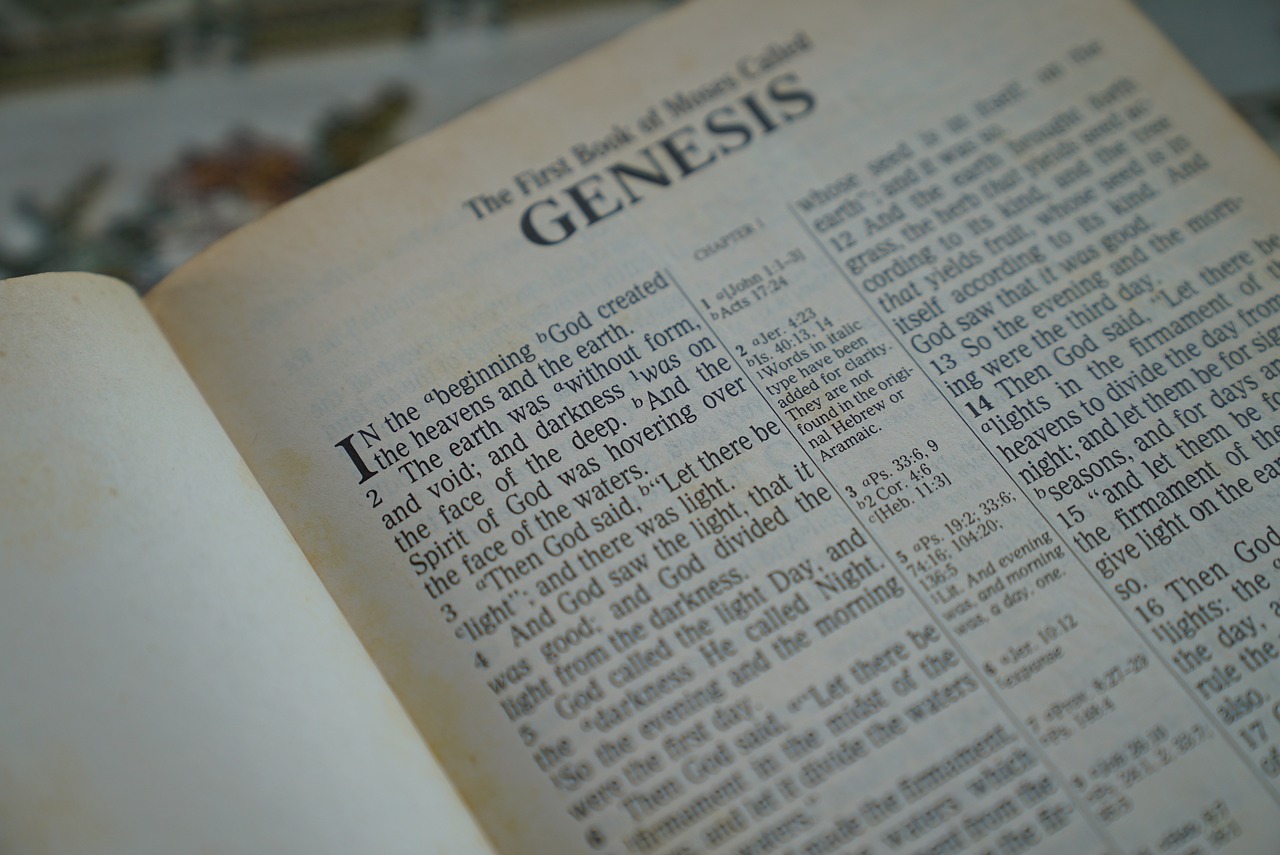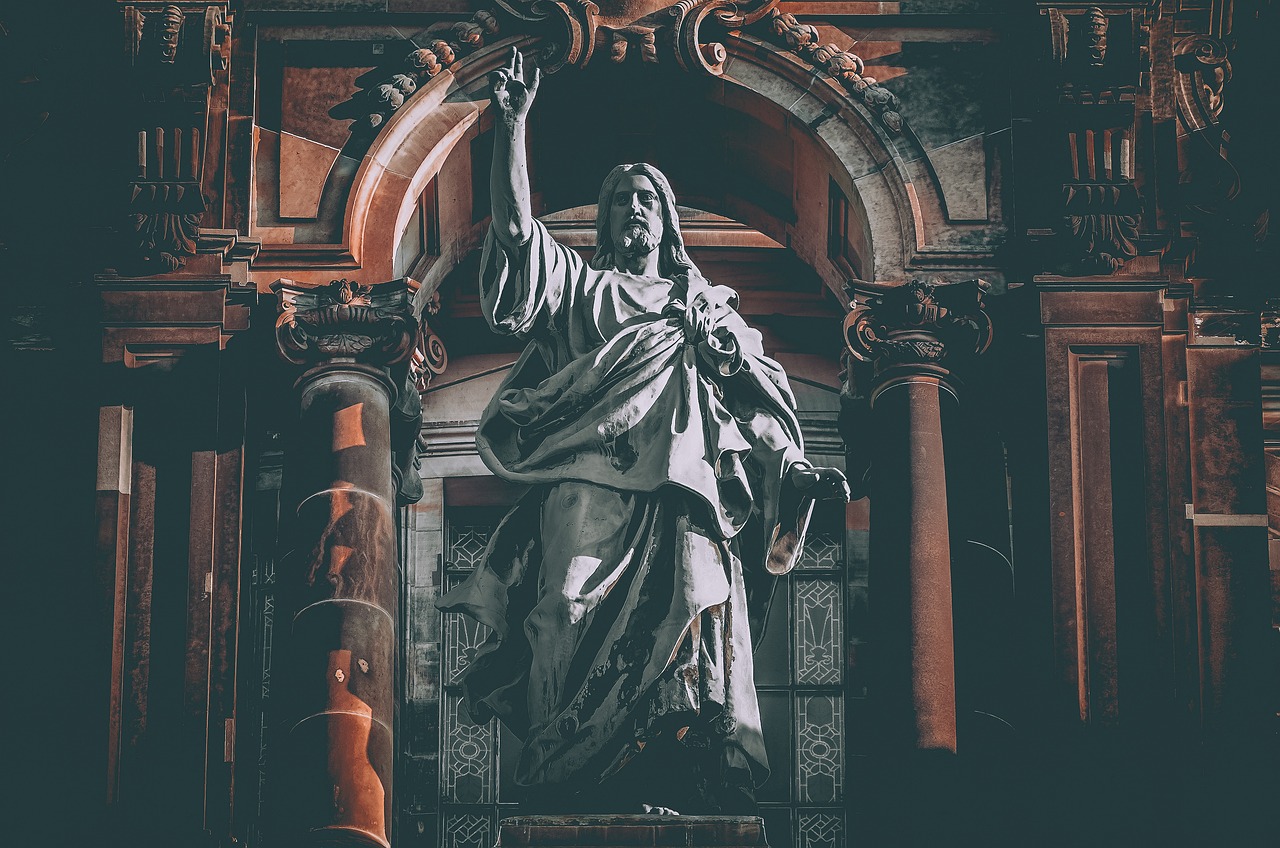In Genesis 4, we are introduced to one of the most well-known stories in the Bible – the story of Cain and Abel. And while it may seem like a story about sibling rivalry and envy, it holds a profound connection to Jesus.
The story begins with the descendants of Adam and Eve, specifically focusing on Cain and Abel. Both brothers bring offerings to God – Abel offers a lamb from his flock, while Cain brings fruits of the earth. However, God only accepts Abel’s offering, which infuriates Cain. In his anger and jealousy, Cain murders Abel.
This account provides us with important insights into human nature and the consequences of sin. It highlights the destructive power of envy, showcasing the tragic outcome of Cain’s jealousy towards his brother. It also emphasizes the seriousness of disobeying God’s commandments, as Cain’s actions lead to severe consequences not only for himself but for all of humanity.
But what does this have to do with Jesus? This story foreshadows the redemptive work of Jesus Christ, who came to save humanity from sin and its consequences. Let me explain how.
Firstly, the sacrificial offering made by Abel foreshadows the ultimate sacrifice of Jesus. Abel’s offering of a lamb is a precursor to the sacrificial system established by God in the Old Testament, where animals were offered as an atonement for sin. This system pointed forward to the ultimate sacrifice, Jesus Christ, who would willingly lay down His life on the cross for the forgiveness of sins. Jesus became the ultimate sacrificial lamb, the perfect and final offering for our redemption.
Secondly, the story of Cain and Abel reveals the destructive consequences of sin and the need for reconciliation. Cain’s envy led to the murder of his own brother, illustrating the devastating effects of sin and how it separates us from God and each other. Similarly, it is our own sins that separate us from God, creating a barrier between us. However, through Jesus, we find reconciliation. Through His sacrifice, Jesus paid the price for our sins, providing a way for us to be restored into a right relationship with God.
Furthermore, just as God confronted Cain after his sin, God also confronts humanity with the reality of sin. In Genesis 4:7, God warns Cain, “If you do what is right, will you not be accepted? But if you do not do what is right, sin is crouching at your door; it desires to have you, but you must rule over it.” This verse serves as a reminder that sin is always present, ready to entice and destroy us. But Jesus, through His life, teachings, and perfect example, shows us how to overcome sin and its destructive power. His victory over sin and death gives us hope and the strength to resist temptation, just as He did during His earthly ministry.
Finally, the story of Cain and Abel also serves as a reminder of God’s justice. After Cain kills Abel, God confronts him and imposes a punishment. Cain is marked with a visible sign, symbolizing his guilt and separation from society. Yet, even in His justice, God shows mercy by sparing Cain’s life and providing him with a mark of protection. This act demonstrates God’s ongoing provision and His desire to redeem even the most broken and sinful among us. It is a foreshadowing of the greater act of mercy and redemption that is offered through Jesus Christ.
In summary, the story of Cain and Abel in Genesis 4 points us to the redemptive work of Jesus Christ. It foreshadows His ultimate sacrifice as the Lamb of God, the need for reconciliation with God, the destructive consequences of sin, the reality of temptation, and the mercy and justice of God. Ultimately, it reminds us of the profound love and grace that God extends to humanity through His Son Jesus, providing us with hope and the opportunity to be reconciled to Him.
Cain and Abel, Sibling Rivalry, Envy and Jealousy, Consequences of Sin, Sacrificial Offering, Jesus as Sacrifice, Redemption and Reconciliation, Destructive Power of Sin, Victory over Temptation, God’s Justice and Mercy, Foreshadowing Christ, Lamb of God, Sin and Atonement, God’s Grace and Love, Hope in Christ, Biblical Insights, Genesis 4, Connection to New Testament, Humanity’s Need for Savior


